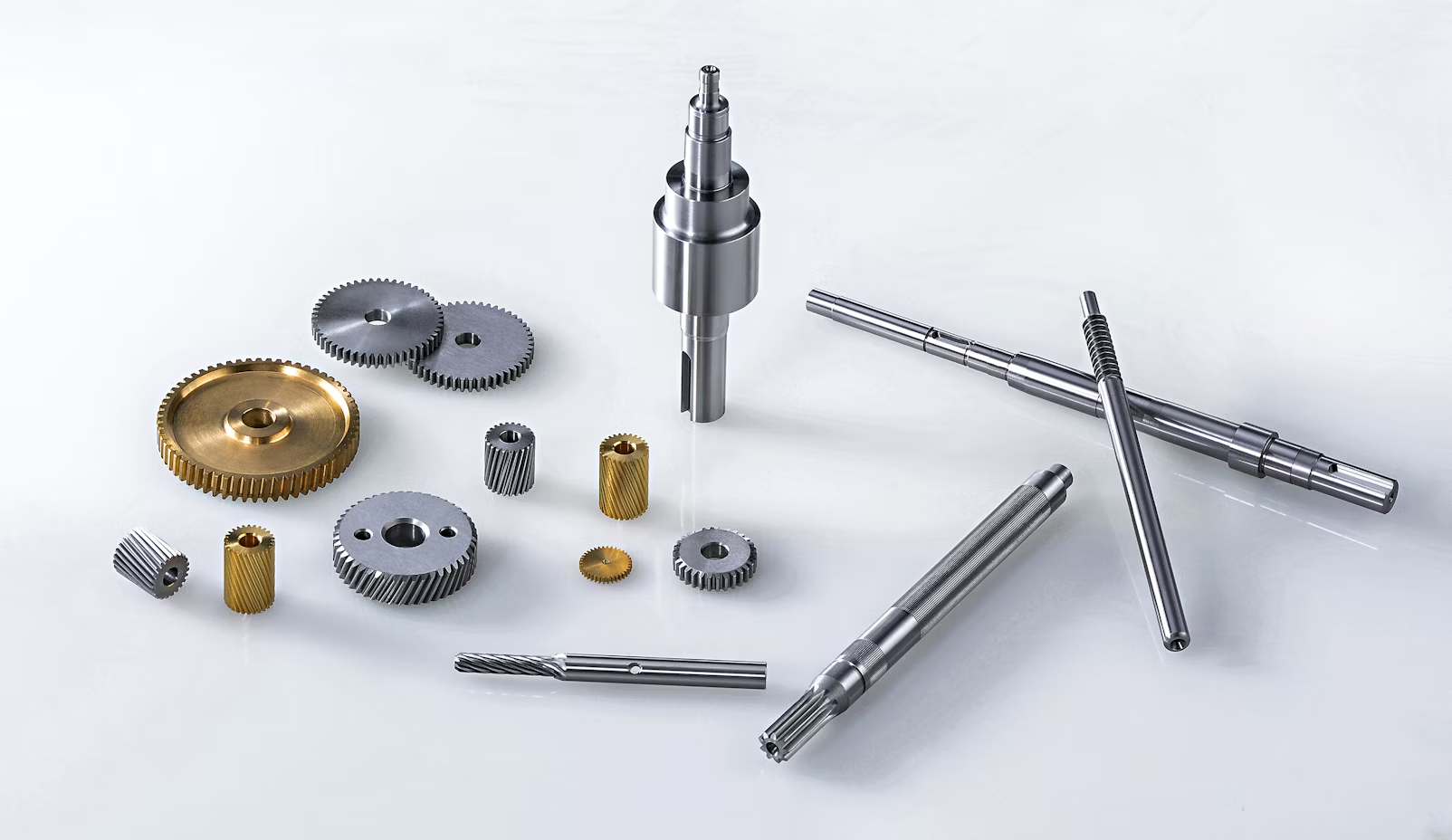
CNC or computerized numerical control machining has revolutionized the manufacturing needs of many industries ranging from aerospace and electronics to automotive and renewable energy. The precision, speed, and customization of parts have vastly improved efficiency across these sectors as defects, waste and manual labor have all been minimized.
One area that has greatly benefited from the application of CNC machinery is the medical field. This technology has made it possible for healthcare professionals to offer personalized medical treatment, more precise surgical care, and improved patient outcomes. In this article, we will take a closer look at some of the ways CNC machines have transformed the medical field and are helping to drive the provision of healthcare.
Greater Accuracy and Precision
CNC machines such as those at Precision CNC Machining function with extreme precision and accuracy. This is vital in the manufacturing of medical equipment such as implants, prosthetics, and diagnostic equipment.
This machinery is particularly important for the production of surgical instruments and tools that surgeons rely on to perform life-saving operations. These include precision surgical instruments like forceps, scalpels, and retractors. These exacting standards offer greater reliability for patients and medical providers and reduce the risk of unwanted side effects or complications in the delivery of healthcare.
Greater Customization
CNC machining makes it possible to create medical components and devices that are tailored to each patient’s physiological needs. This has applications in a number of areas where patients require customized medical solutions such as prosthetics, orthopedic implants, and other devices that are uniquely fitted for their individual needs.
By using patient data from MRI imaging or 3D medical scans, CNC machines are able to rapidly and precisely manufacture items that fit each patient’s anatomy perfectly. This not only makes treatment more functional and comfortable for patients but can also aid in their recovery, helping to facilitate better patient outcomes.
Intricate Shapes and Designs
CNC machining is ideal for producing complex and intricate shapes and structures that are challenging to achieve with other manufacturing methods. This ability to precisely craft internal channels, cavities and intricate designs is especially beneficial in the production of surgical instruments, diagnostic tools and implants such as cochlear implants, hip implants, and neurostimulators.
This micro-machining capability not only allows for the creation of intricate medical designs that meet exacting medical specifications but also reduces the risk of rejection from patients, promoting faster recovery and healing.
Increased Efficiency and Productivity
By integrating CNC machining with artificial intelligence (AI) and automation, errors can be greatly reduced and quality control improved. This integration shortens production times, improves overall quality and efficiency, and enables CNC machines to operate without the need for human intervention.
Manufacturers can also program CNC machines to switch production from one component to another, allowing multiple parts to be manufactured in the same shift. This capability can speed up production significantly, reducing the need for changeover or downtime, and increasing productivity and output. This helps reduce manufacturing costs for medical parts, which can ultimately benefit patients by lowering their overall healthcare costs.
As technology advances, CNC machining will no doubt continue to offer medical providers and patients greater benefits in the field of precise and personalized healthcare solutions.
